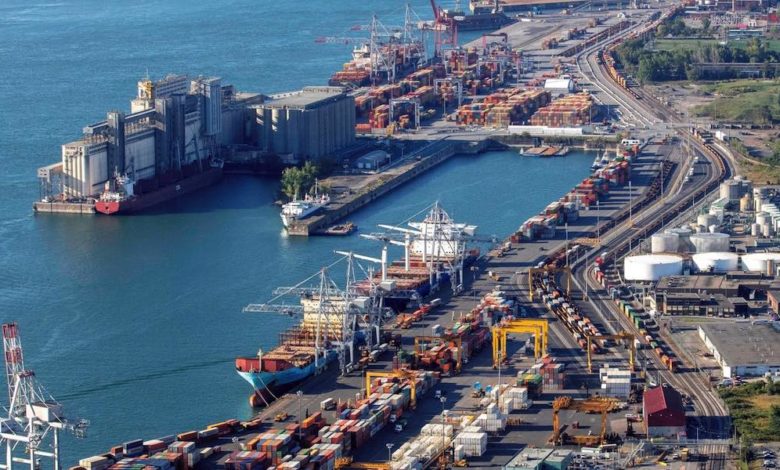Port of Montreal adopts AI technology to measure and reduce the carbon footprint of vessels
Author: Kim Biggar
The Montreal Port Authority (MPA) and Global Spatial Technology Solutions (GSTS), a Canadian company that specialises in applying artificial intelligence (AI) to shipping, have launched a project to measure and reduce the carbon footprint of vessels using the Port of Montreal that makes the most of artificial intelligence. Using GSTS’s OCIANA AI platform, the project provides real-time data on the route, speed and position of vessels heading to Montreal. That data is analysed to obtain an accurate estimate of a vessel’s arrival time and adjust its route to coordinate with the availability of berths in the Port of Montreal. This makes it possible for ships to optimise their sailing speed, which in turn reduces fuel consumption and GHG emissions, shons anchoring time before docking, and benefits operational planning and optimisation. Ultimately, the digital corridor concept will enable accurate, real-time communication between ports, terminal operators and ocean carriers to improve operational efficiency and decrease GHG emissions. “OCIANA has been designed collaboratively with ports, shipping lines and terminal operators to improve efficiency, minimise risk and reduce emissions on a global scale,” said Richard Kolacz, GSTS CEO, in a press release. “This proprietary capability will enhance end-to-end logistics management and enable the optimisation of goods delivered by sea, which accounts for 90% of global trade.”

